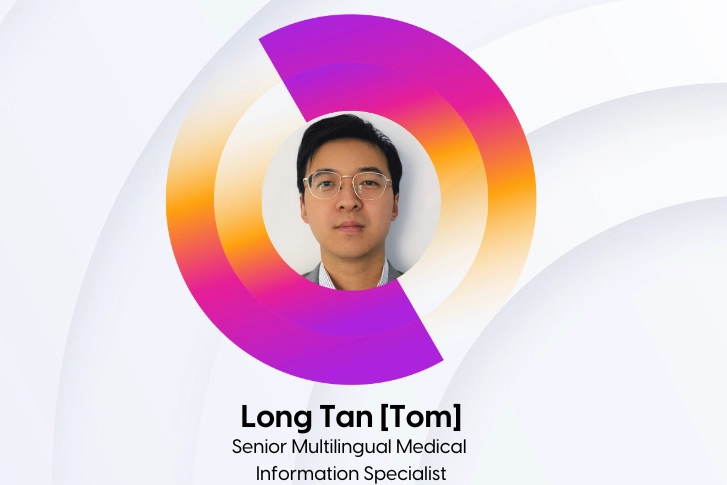December 23, 2024

December 23, 2024

As a rapidly expanding market, the Japan and Asia-Pacific (JAPAC) region presents a unique and complex landscape for those who are looking to establish a medical information (MI) function. Having a robust and compliant MI function is crucial to the success of the product lifecycle and demonstrates a commitment to continuous safe use of medicines.
In this blog, we will explore the inherent challenges and strategies for effectively navigating the intricate JAPAC MI landscape, taking into consideration emerging insights and industry trends.
Regulatory authorities, such as Australia’s TGA, Japan’s PMDA, and China’s NMPA, have varying local requirements on pharmacovigilance practice. It is sponsor’s responsibility to ensure their local MI function has a robust process in identifying and reporting adverse events (AE) in accordance with local requirements. Industry standards that govern ethical and responsible interactions between the sponsor and members of the public also varies amongst the countries. A handful of examples are Medicines Australia’s Code of Conduct, Medicines New Zealand’s Code of Practice, Japan’s JPMA Code of Practice, and Singapore’s Code of Practice. Sponsors must stay nimble and proactively work with the MI Subject Matter Expert (SME) to manage change, translating the insights into operational compliance, and implementing industry best practices.
For pharmaceutical companies that adopt co-commercialization strategies, MI SMEs must carefully evaluate the data privacy laws within the the region, including scope, consent requirements, and if applicable, cross-border data transfers requirement prior to cross-sharing data subject’s information for MI purposes. It is important to maintain oversight on any local or global operational process change to ensure each countries’ data privacy law is adhered to. One example is the China Personal Information Protection Law (PIPL). It represents the country's first comprehensive data protection legislation. You can find out more about PIPL here: Understanding PIPL: Compliance and Implementation Challenges.
Communicating medical information effectively requires a tailored approach that is sensitive to specific cultures. For example, Japanese and Korean customers value formality, politeness, and promptness while Chinese customers prioritize personal connections. Medical information must also be accurately translated and localized to ensure clarity and compliance. To enable a customer-focused operating model, where information is provided at the time and through the channel they prefer, it is key to have a bilingual MI SME who possesses local knowledge. This was demonstrated by our Korean MI SME, who supported a client with launching their local MI website by localizing over 180 scientific responses in Korean.
A recent whitepaper published by McKinsey highlighted medical analytics capabilities as one of the five priorities for medical affairs to contribute to greater patient impact.1 As an integrated part of the Medical Affairs Team, medical Information plays a crucial role in this too. Advanced data analytics tools, such as H1 that leverages generative artificial intelligence (AI), can equip internal stakeholders with critical insights, enhancing decision-making processes and customizing local MI strategies with greater efficacy.

For sponsors looking to establish an MI function within the JAPAC region, they need to understand the intricate relationship between regulatory, legislation, local customs, and growing industry trends.
The increasing pressure from customers to access accurate and personalized information via a channel of their choice, and having the flexibility to continue their journey via a different channel demands a robust omnichannel strategy and MI resources. This emerging trend, along with the overall industry shift to medical affairs led operating model presents the need to re-evaluate MI strategies. Consider partnering with a company that has the expertise and experience to help you excel in the MI landscape in JAPAC.
Ready to access 25 years of world-class medical information expertise? Contact us today!
TAGS: Medical Information Australia Asia

July 3, 2023
The rapid advancement of artificial intelligence (AI) technology has revolutionized various industries, including the medical information sector. One notable AI-driven tool is ChatGPT, developed by...

June 15, 2023
Our "Meet the Expert" series introduces you to our team of experts around the world. This "behind the curtain" view will help you get to know who we are on a professional and personal level, and...